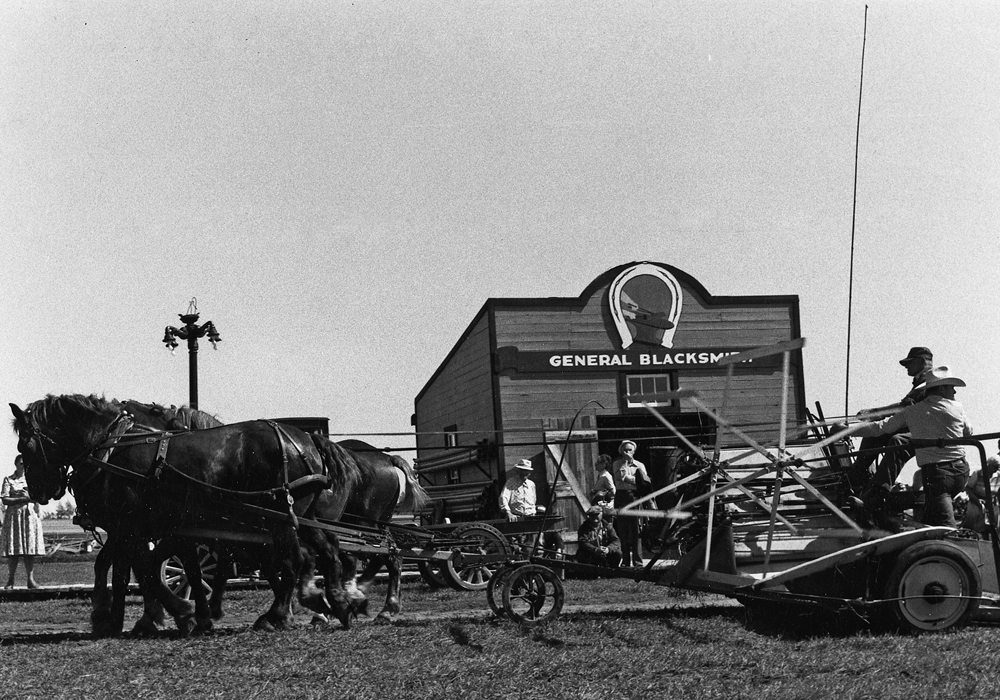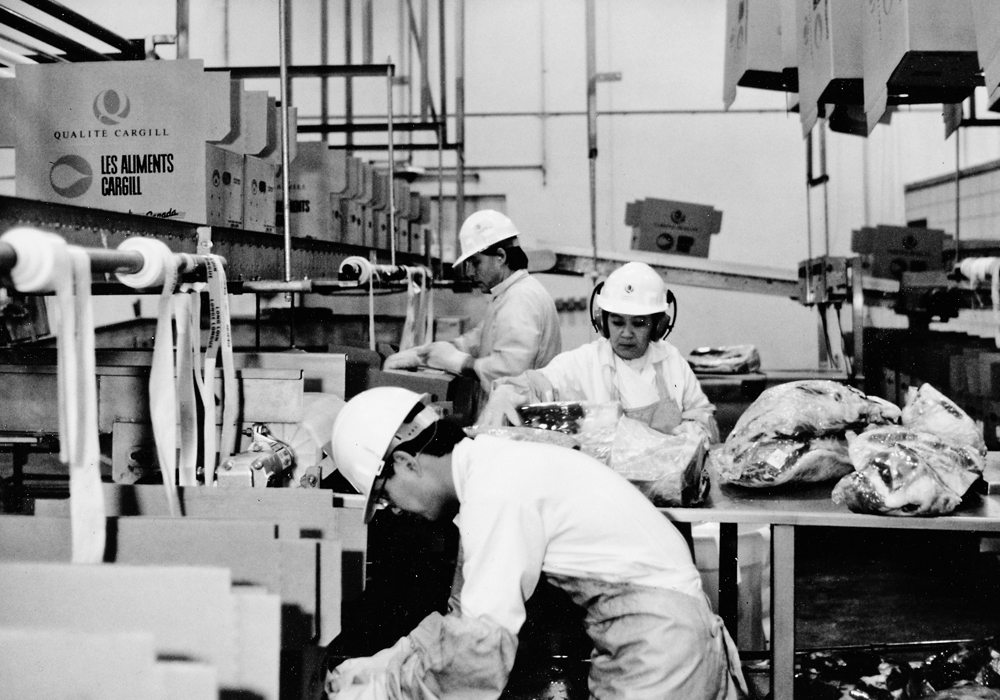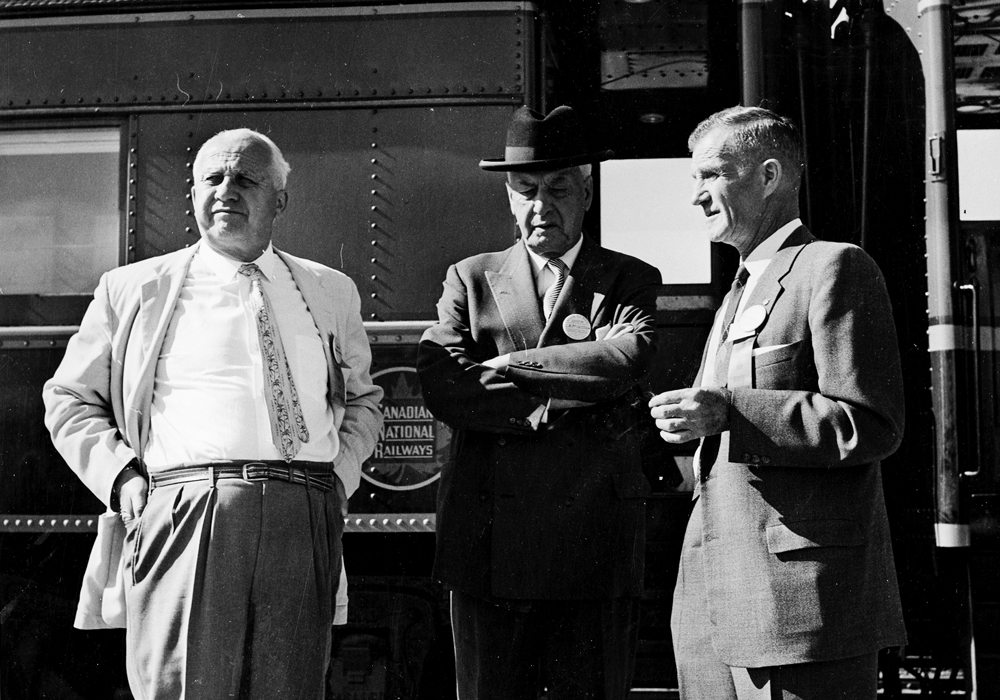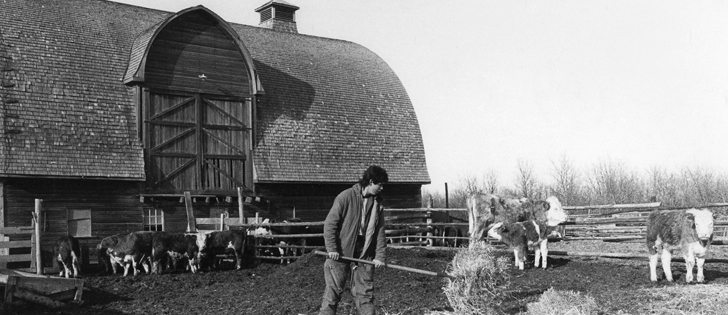The Western Producer takes a weekly look at some of the stories that made headlines in issues of the paper from 75, 50, 25 and 10 years ago.
75 years ago: July 11, 1940
Manitoba premier John Bracken went to Ottawa to talk with the federal government about how to protect farmers against certain creditor claims in case an emergency arose in the marketing of the 1940-41 crop. He also wanted to find a way to make advance payments to farmers for wheat stored on farms in case deliveries were stopped.
Canadian Bacon Board chair J.G. Taggart hoped exports to the United States would soon be increasing. American production was dropping and prices in that country were increasing. Taggart said all bacon in storage in Canada would be sold by September, but producers were increasing production to meet ex-port and domestic demand.
Read Also

Higher farmland taxes for investors could solve two problems
The highest education and health care land tax would be for landlords, including investment companies, with no family ties to the land.
July 8, 1965
Economic studies by private and public agencies illustrated the importance of government commodity support programs in the U.S. According to the studies, net farm income in the U.S. would have been $6 billion a year for the last three years instead of $12.6 billion without the programs.
The federal government planned to buy 20 to 30 top Holstein cattle from Canadian producers and exhibit them in France. It was hoped that showing the cattle at rural fairs and other country events would increase French sales in Canada.
July 12, 1990
Singer k.d. lang, who grew up in Consort, Alta., kicked up a storm of controversy in Canadian cattle country when she appeared in “Meat Stinks” commercials produced by People for the Ethical Treatment of Animals. People called country music stations to demand that they remove lang’s music from their play lists, and some producers collected her tapes and records and returned them to her record company.
As countries prepared for the final push in negotiations at the General Agreement on Tariffs and Trade, spokespeople for Canada’s supply managed sectors worried about how the trade talks would affect their members.
Plans were being prepared to ask prairie producers to nominate candidates for the Canadian Wheat Board’s advisory committee.
Remember that?
July 7, 2005
Liberal MP Wayne Easter was finishing up a report that said there were actions Canada could take to im-prove farmers’ income, but the ultimate solution was for world governments to reverse their focus on farmer efficiency and instead recognize that market power is the key to sustainability.
Manitoba farmers who couldn’t seed in the spring because of wet weather and were now considering harvesting the subsequent crop of volunteer canola were warned by Monsanto that they would have to pay it a $15 per acre technology use fee.














